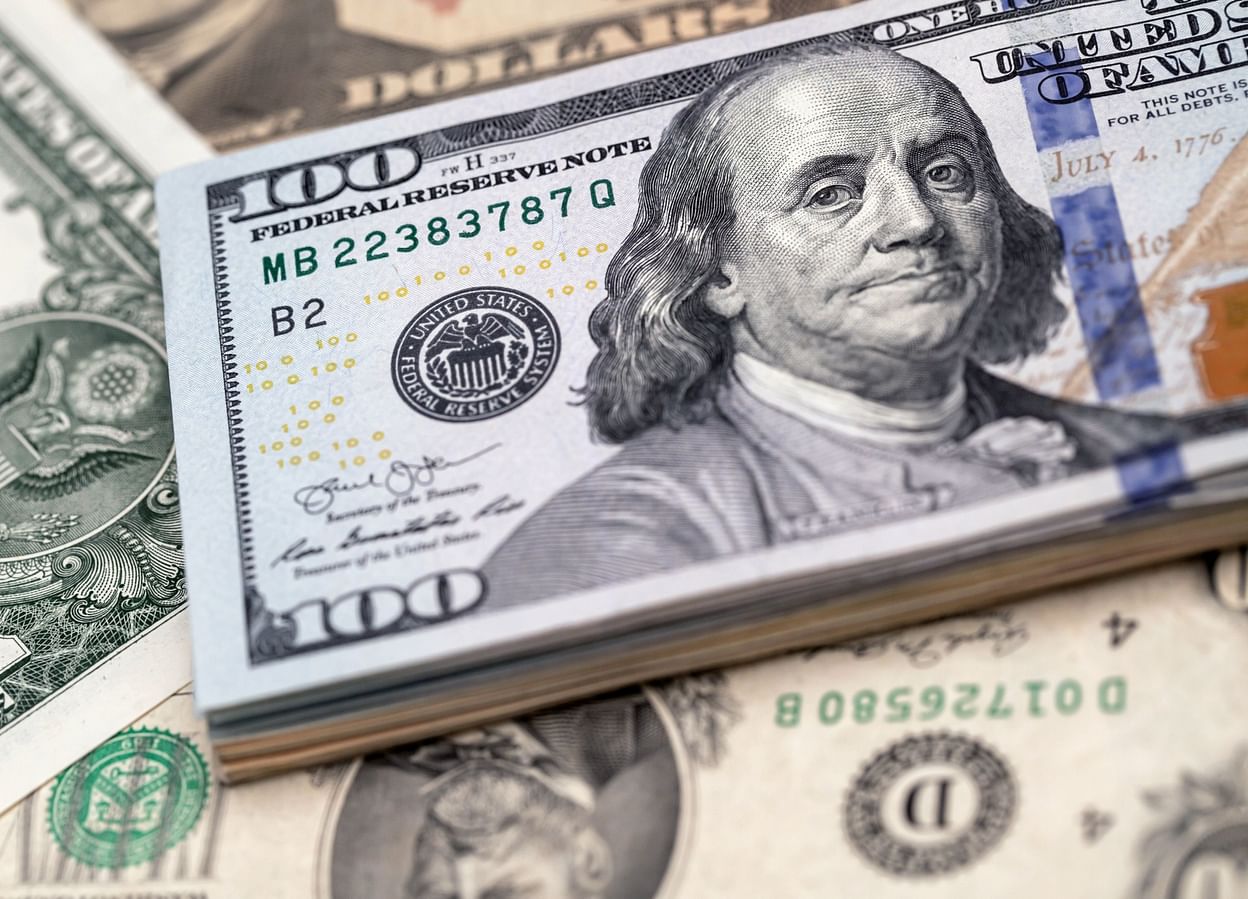Your cart is currently empty.
Free shipping on orders over $50

- Sep, 18 , 20
- 1 comment
How Much Cash Deposit Is Suspicious?
Contents
Cash deposits are made daily throughout the country. However, there is a maximum cash deposit limit of $10 000. Large deposits of over 10 000 in cash may raise red flags and require your bank or credit card union to report these transactions to the federal government. This maximum bank deposit limit forms a part of the Bank Secrecy Act, that was ratified by Congress in 1970 and was later amended with the creation of the 2002 Patriot Act. The law was introduced to deter illegal activities such as terrorism and money laundering.
The $10,000 Rule
Ever wondered how much cash deposit is suspicious? The Rule, as created by the Bank Secrecy Act, declares that any individual or business receiving more than $10 000 in a single or multiple cash transactions is legally obligated to report this to the Internal Revenue Service (IRS). As mentioned, the laws around deposits of more than $10,000 were created to deter terrorist activities and financially motivated crimes such as money laundering. According to the Bank Secrecy Act, the company or individual receiving the money has no more than 15 days from when the cash was received to file a report. The report that you would have to fill in is the IRS Form 8300 and is easily accessible online. It is required that the report be filed within 30 days of the deposit occurring. Bill counting machines can be a helpful tool for businesses to accurately track and report large cash deposits in compliance with these regulations, ensuring transparency and accountability in financial transactions. If suspicions are found to be warranted and more information is needed, an extension of no more than 60 days may be permitted. This process is known as Currency Transaction Reporting (CTR).
As previously mentioned certain reporting requirements need to be fulfilled when dealing with this amount of money. Once the deposit has been made and the report filed, the IRS will notify officials in your local and state jurisdiction, up to and including the national level, to track where the money is going to. If the money being deposited has been stolen, the relevant authorities will verify the amount that you have deposited against any recently reported robberies.. More often than not these deposits will go ahead without a hitch and are merely precautionary measures that have been put in place. There will be complete transparency on the part of your bank who will inform you that your cash deposit has been reported and you are welcome to follow up the report with the information provided.
You should not be apprehensive about making a large deposit if everything is legitimate. However, there are certain instances of how you make the deposit, not the amount, that will likely arouse suspicion, such as dividing the money into multiple smaller deposits. These incremental deposits are almost immediately regarded as suspicious as it may appear that you are attempting to “structure” your deposits to avoid the bank’s CTR procedures and the Bank Secrecy Act. If this occurs, your bank may file a suspicious activity report (SAR) with the Financial Crimes Enforcement Network (FinCEN). SAR filings are also required by law to be retained for five years from the date that the report was filed. If you have nothing to hide there is nothing to worry about. However, it is important to be aware of what may cause unnecessary suspicion and to avoid actions that may do so.
What Happens After You Deposit Over $10,000
As mentioned, you can deposit large amounts of cash without raising suspicion as long as you have nothing to hide. The teller will take down your identification details and will use this information to file a Currency Transaction Report that will be sent to the IRS. Whether or not you will have immediate access to the money deposited depends on your bank’s policy on releasing the deposited funds. The teller will count and scan your cash using a money counter machine specialized in counting large numbers of notes very quickly and equipped with counterfeit scanning features.

The IRS is not too willing to divulge what happens to Currency Transaction Reports after they have been filed or what will cause them to launch an investigation. However, they have revealed that the reports are placed in a database that is accessible by all law enforcement officials. Although most reports do not trigger an investigation they help to create a paper trail that the IRS may use to ensure taxes are being paid and cash transactions are not facilitating criminal activities.
Exemptions to Consider
Businesses that need to deposit large amounts of money daily are exempt from the
$10, 000 Rule. Banks may organize these exemptions for their business customers to avoid the unnecessary hassle of filling out a form every day. It is generally done after the initial large deposit.. Businesses that fall into this category easily bring in more than $10 000 daily and include movie theaters, gas stations, and major retail outlets. Certain businesses that the IRS wishes to monitor closely, such as pawnbrokers, law firms, and accountants are not allowed exemptions.
Conclusion
It is possible to deposit cash without raising suspicion as there is nothing illegal about making large cash deposits. However, ensure that how you deposit large amounts of money does not arouse any unnecessary suspicion. The rules and procedures implemented by the Bank Secrecy Act might seem inconvenient when directly affecting you, but it is important to remain cognizant of the important role these checks and balances play in protecting the country from external threats and illegal activities.Search
Custom Menu
Recent Post
Archive
- April 2022
- September 2021
- July 2021
- December 2020
- September 2020





1 comment
Derek R. Auclair
Jan 26, 2022 at 05:38This seems conflicting. Is it 15 days or 30 days?
“According to the Bank Secrecy Act, the company or individual receiving the money has no more than 15 days from when the cash was received to file a report. The report that you would have to fill in is the IRS Form 8300 and is easily accessible online. It is required that the report be filed within 30 days of the deposit occurring. "